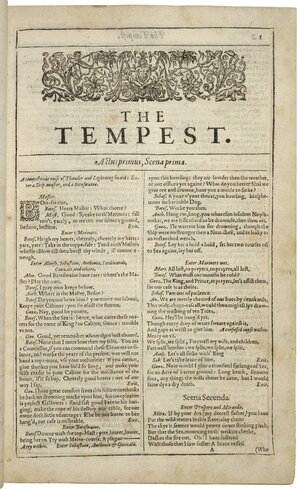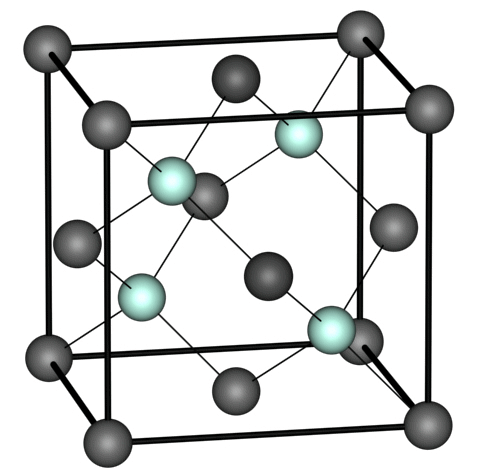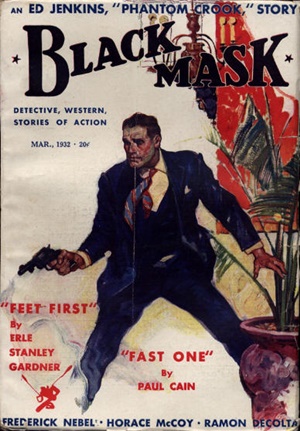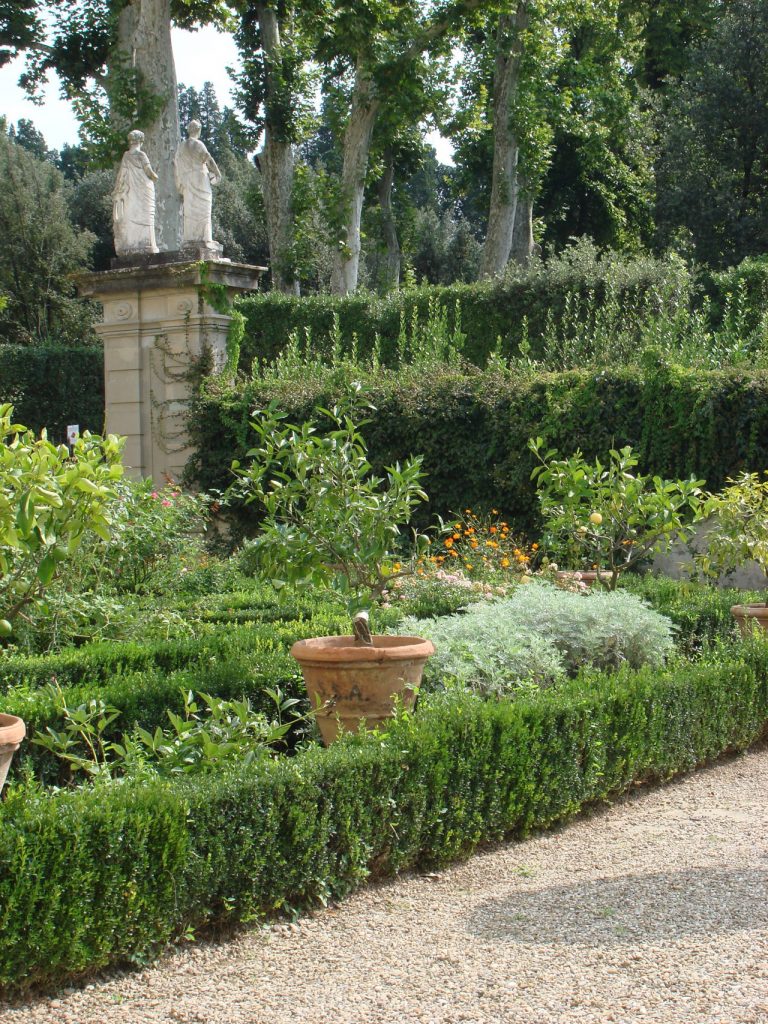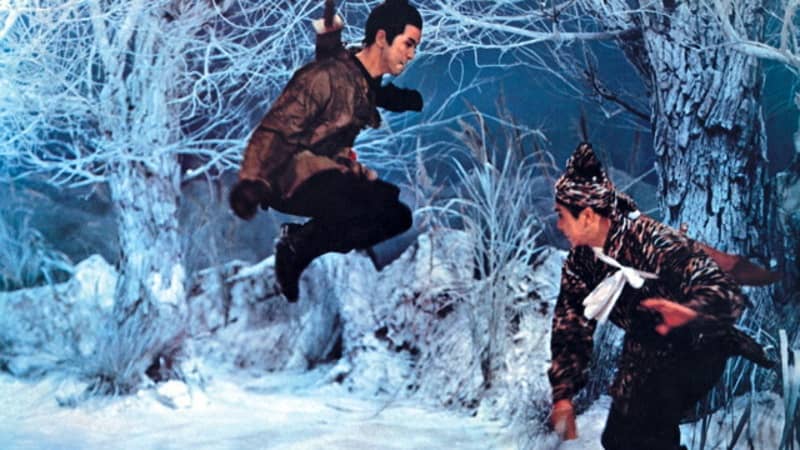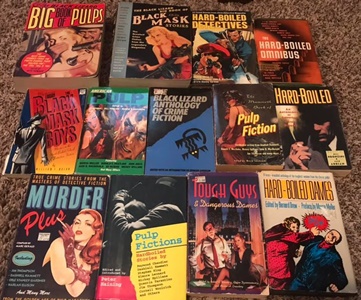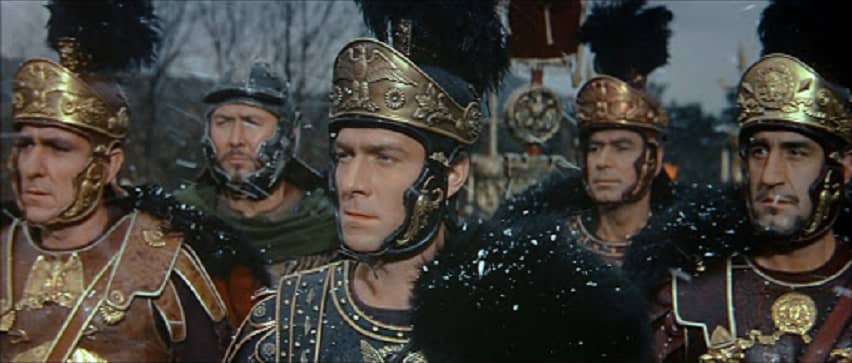Such Stuff As Dreams Are Made On: The Tempest by William Shakespeare
One of the problems with writing about great works is there’s so little for me to add to the volumes and volumes written by writers far and away more knowledgable than I. Still, maybe I can bring a newcomer’s eye to books that have nourished the roots of fantasy, and maybe encourage a few others to pick them up. So I shall ramble for a piece about William Shakespeare’s last solo play, The Tempest (ca. 1610).
The Tempest is believed to have been performed only a few times during Shakespeare’s lifetime, including once in 1611 for King James I at Whitehall Palace on Hallowmas night. It became part of the standard theatrical repertoire during the Restoration starting in 1660, but was edited to appeal more to upper-class audiences and support royalist policies. Finally, in 1838, when actor William Charles Macready staged an incredibly elaborate production using the unedited script, Shakespeare’s original became the preferred version.
Along with several other of Shakespeare’s final plays, including The Winter’s Tale and Cymbeline, The Tempest is categorized as a romance, fitting into none of the standard tragedy, comedy, or history categories. His later works, perhaps reflecting his own changing nature, changing tastes, and the growth of more elaborate productions, mix the comic and tragic, along with magic and mystical elements. The Tempest showcases this evolution brilliantly.
…